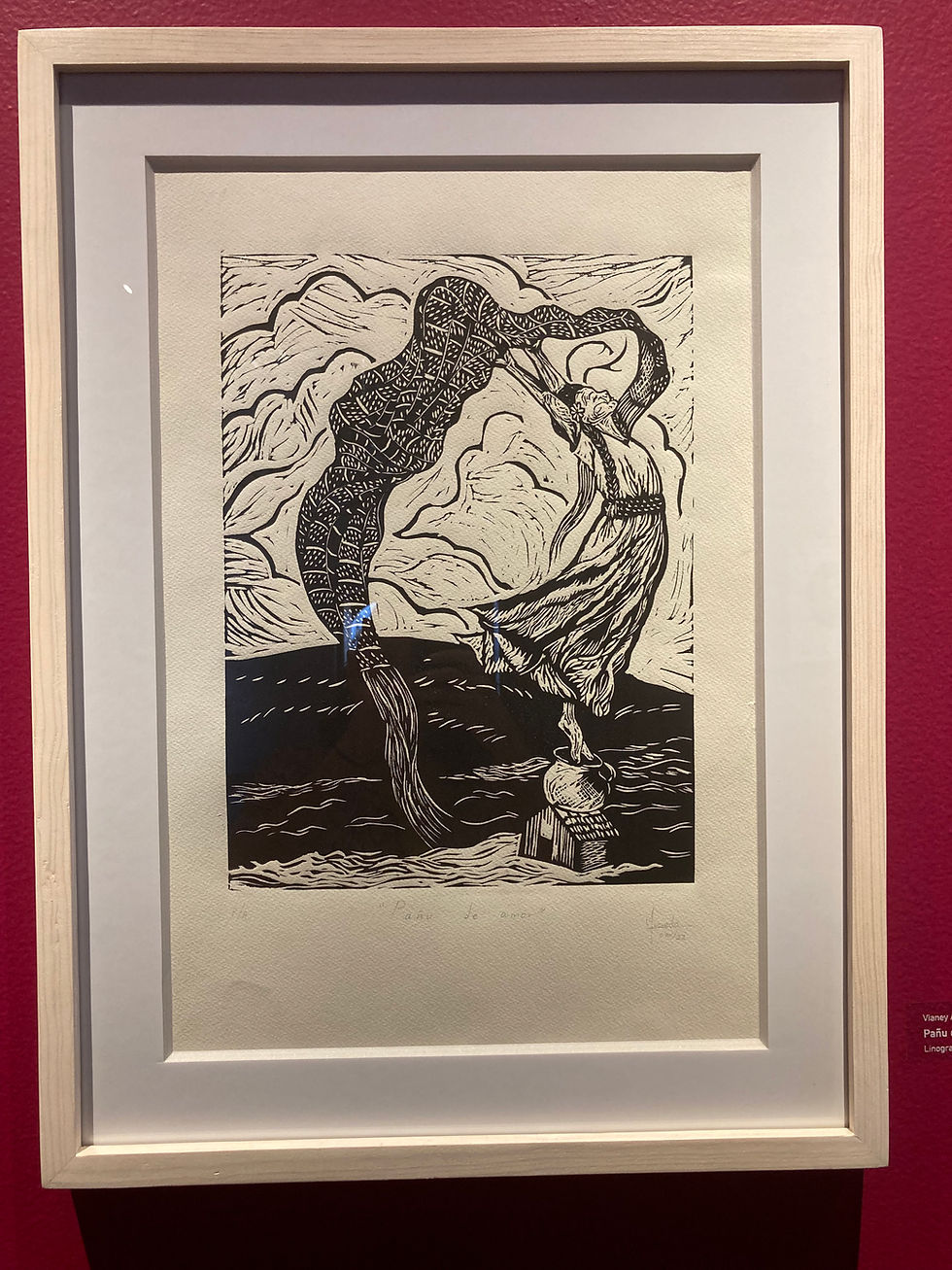Education- Learning and Unlearning
- Jennie Powe Runde

- Jun 23, 2025
- 3 min read

The second of the 5 seeds we're exploring is Education.
When you think of education, do you think about sitting in a classroom, learning from a teacher who lectures from the front of the room, while the student diligently listens and takes furious notes?
While that can certainly be part of what feeds and nurtures us, it is not the only - or necessarily optimal- way to focus on education as a tool for self care and growth. While enrolling in school, continuing or finishing a degree, or choosing to further our academic education is good for some of us, there are so many ways for us to continue to learn as we grow.
As we explore education, I want you to think about what makes you excited. What would you happily spend hours talking about, sharing about, geeking out about? This could be anything from learning how to code, to learning how to grow a garden.
To continue the exploration of education using expressive arts, imagine that you could create a new paradigm for learning.
*quick pause here. It has come to my attention during the years I’ve worked with young children to older adults, and all the folks in between, that many, MANY people have experienced what I call academic trauma. This happens when someone who is not best served by our current academic institutions (inevitably someone with a marginalized identity and experience in our culture tied to race, culture, immigration status, socio-economic class strata, learning disability) has the experience of being singled out, othered, and traumatized in school. For you, especially, this can be a powerful practice or re-imagining what education means.
1 - First, take some time to write down what you love. This can be anything.
Make the list at least one page long, and keep going if you feel inspired
2 - Narrow the list down to 3-5 words items, circle them on the page and then choose 1 you’d like to focus on more deeply
3- Based on the 1 thing you’ve chosen, create 3 columns on the page or in your journal
Column one: everything I’ve been taught about x
Column two: what I know now/ what I’m learning
Column three: what I’d like to learn more about
4- Spend a week reflecting on the columns, and create a learning plan. Include movement, music, and art.
What is one thing I’m ready to let go?
How can I acknowledge all that I’ve learned?
What is important for me to learn now? Set aside a set amount of time each day for a week to learn more about your chosen topic.
5- At the end of the week, take time to celebrate what you’ve learned and make a plan for how to learn next.
*As most of the folks I work with in my practice identify as mixed/multiracial/bicultural/multi-heritage, there’s an invitation here to acknowledge what you may have been taught about your cultural or ethnic heritage, and what you still want to learn. You may explore:
What stories, foods, music have been shared with me? What do I still want to explore?
What have I been taught about who I should be?
What am I claiming? And what am I re-learning or unlearning in the service of self care?
Wishing you peace and ease on this road to true education, considering what lights you up, helps you grow, and nurtures who you are.




Comments